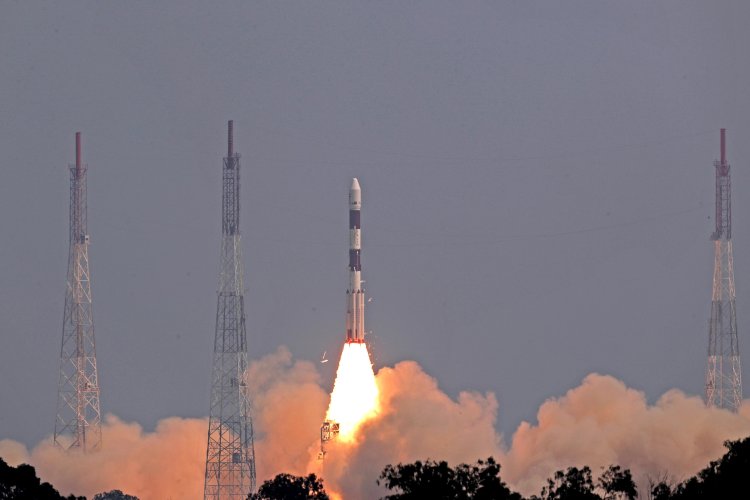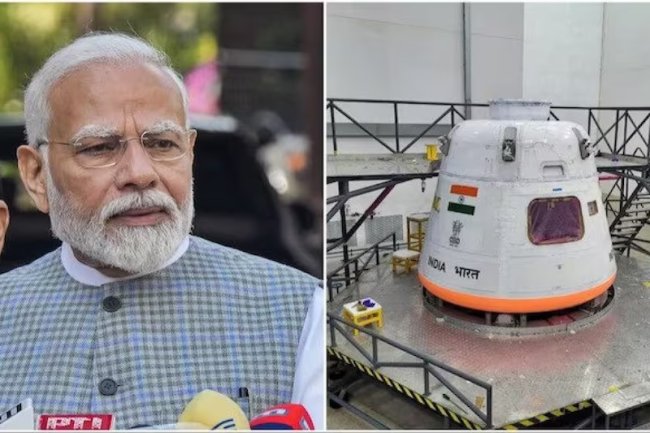The Indian Space Research Organisation (ISRO) sent its 60th satellite, PSLV-C58, into space from Sriharikota's Satish Dhawan Space Centre in Andhra Pradesh. This launch carried the X-Ray Polarimeter Satellite (XPoSat) along with ten other satellites. The XPoSat's goal is to study intense X-ray sources in space and their polarization.
Prime Minister Narendra Modi congratulated ISRO for the successful launch, highlighting its significance for India's progress in space exploration. The XPoSat, primarily managed by women engineers, aims to compare solar irradiance and UV index, showcasing empowerment in science and technology.
The ISRO Chairperson, Somanath, emphasized the significance of this mission in studying black holes and galaxies. He mentioned plans for experiments with onboard payloads after placing XPoSat in its intended orbit.
Former ISRO Chairman, G Madhavan Nair, praised PSLV's reliability and success rate, highlighting its importance in observing fundamental space phenomena.
The XPoSat mission aims to study X-ray polarization from cosmic sources, offering valuable insights into celestial objects like black holes and active galactic nuclei. Its findings are expected to benefit the global astronomy community and deepen our understanding of these cosmic entities.
The launch process involves deploying the primary satellite into a Low Earth Orbit and conducting experiments using the PSLV Orbital Experimental Module. The mission also includes various scientific payloads contributed by different institutes and companies.
Overall, this mission holds promise for advancements in space-based X-ray astronomy and collaborations within the global astronomy community.

















